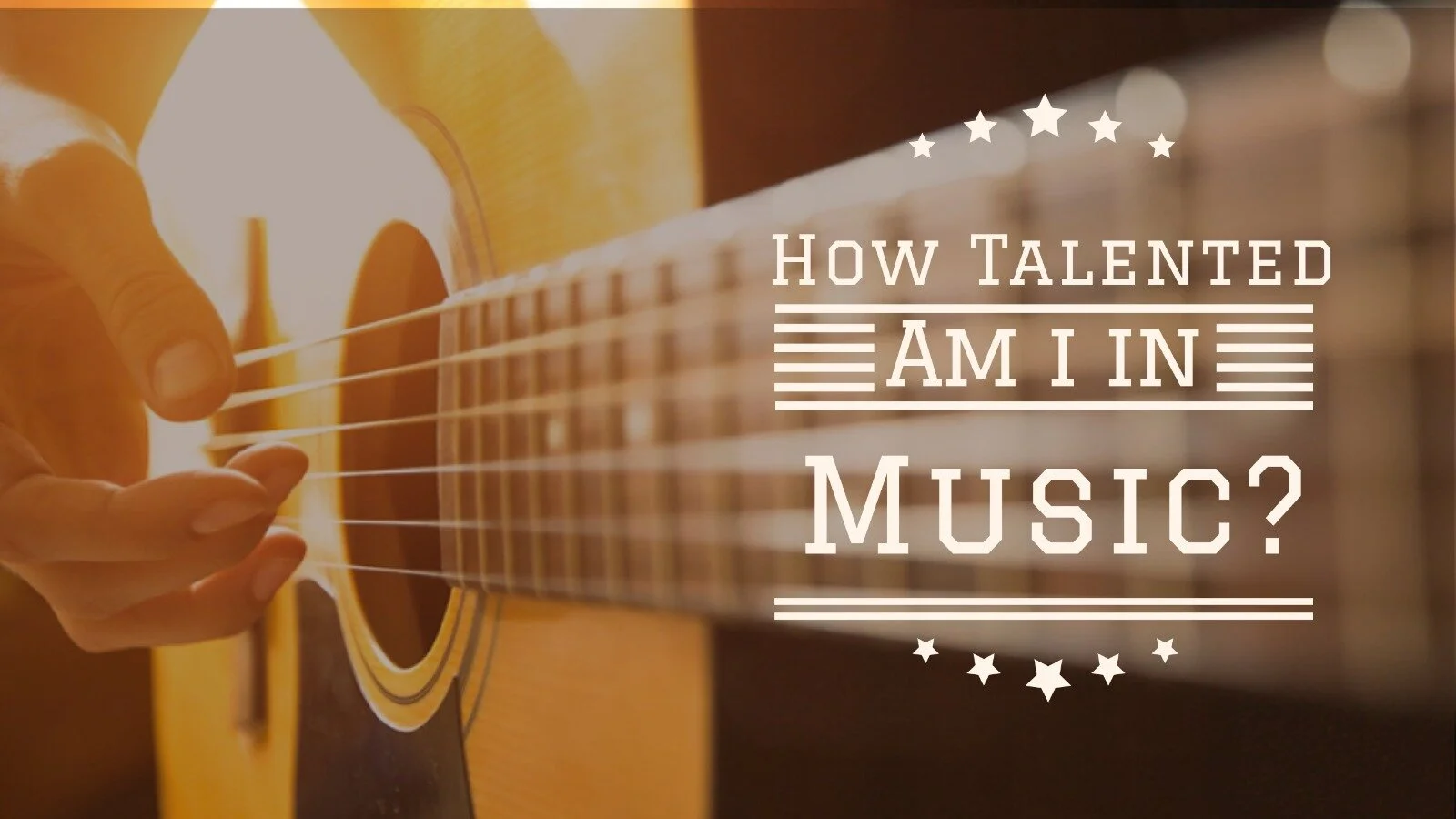The Benefits of Music for people
by Zeilver on October 10th
Hello Zeilver here, coming back to you LIVE once again from King George’s Music Academy!
Today we are bringing to you the twelfth episode of a series we call- The Knowledge Pearls Initiative (KPI).
The KPI would be bite-size knowledge content centered around music, music creation as well as music playing.
Wish to improve your music knowledge? Wishing to learn more about questions that aren’t explored as much as it should be? You have come to the right place.
Do remember to like our Facebook Page to get weekly updates and specials that you would love !
THIS WEEK’S
KNOWLEDGE PEARL
What are the kinds of effects that Music can have on me?
Music. All of us definitely have had some sort of preference to/for certain genres and artists at certain points in our life.
I’m sure listening to Music has definitely boosted your present mood at the time or made you feel a certain way, but have you ever wondered what kinds of effects that Music can have for you both physically and mentally?
Well… that’s what we are going to cover today on our KPI!
The 8 effects that Music have on us
Music can improve Productivity
Ever find certain tasks mundane, boring and just a plain chore? It could be that data entry task that you were given today at work, or even going through your email and deleting old ones?
Well, music definitely can help!
Research has demonstrated music that is played while the listener is focused on another task, has helped to improve productivity for adults!
However, not all music is good for everyone. There are cases where students are unable to concentrate at all when listening to music while some are able to be super productive with music!
A good tip would be to play instrumental tracks instead of music with complex lyrics and heavier composition to boost your productivity!
(Fun fact: upbeat music help to boost a person’s processing speeds)
Memory Boosting properties
This point is a rather contested point as well!
It’s a long-standing argument that students have with their teachers that music helps with their studying.
It is a divided opinion as some students do swear by music, saying it helps to boost their ability to study while some claim that music is not only not helping but it serves as a factor of distraction.
Music does help boost memory, but in several conditions such as:
Music type
Listener’s enjoyment on that particular music
Is the listener musically trained?
Songs that the listener finds joyful will elicit a positive response in the brain which in turn boosts memory, but this only applies to musically untrained listeners.
For the musically inclined listeners, neutral music would benefit them better as this type of music does not push the brain to analyze the music, which in turn proves harmful to memory forming.
If you are the kind that gets distracted to music easily, I suggest listening to neutral music if you absolutely want to have some music while studying/working!
Pain Management
Music is such a wondrous thing! Research has shown that music is helpful in pain management.
One such research of music therapy for pain management playing the choice music for patients that are undergoing Radiofrequency Lesioning (RFL), and it is actually one of the more common (and painful) procedures performed at this particular outpatient clinic at Malcolm Randall VAMC.
The findings of the research shows do support the use of music therapy as a form of pain management with 87% of the music therapy participants reporting that the music was helpful!
Many of them even asked “where is the music?” when it was not present in future sessions!
You can read more about this study here!
Better Quality of Sleep
Sleep problems affect many of us in the world, and I have personally been affected with insomnia before.
Insomnia is a serious problem for many people of varying age groups.
Despite the many ways to tackle insomnia, the use of soft, relaxing music (e.g. classical music) is a harmless and cost-effective method to tackle sleep disorders.
Based on a research done on older community-dwelling adults in Taiwan who had their sleep quality measured after listening to their choice of sedative music tapes at bedtime for 3 weeks, results had shown much better sleep quality!
You can read more about this study here!
Motivation, Endurance & Performance Boosters
There is actually a good reason why many of us find exercising easier while listening to music, as studies have shown that fast paced music motivates people to work out harder.
Everyone has their own preferred set step frequency be it for when they are running or walking and research has shown that fast paced music could motivate people to pick up the pace!
Runners show higher motivation and endurance while listening to music hence the ideal exercise music should be between 120 to 140 beats per minute (BPM)
Why does this happen?
As mentioned in an earlier point, music may cause distraction and in this case it provides you a distraction to your exertion.
When you are distracted by the music, you would also be less likely to notice your increased sweating, respiration as well as soreness in your muscles.
Stress Reducing Properties
This point has long been proposed that music does in fact help people cope with stress.
One of such methods of Treatment can be known as Music Therapy and it is not backed without research, fortunately.
Studies done in 2013 about participants doing a psychosocial stress test while listening to relaxing music, ambient sounds (rippling water) or nothing and took a stress test.
Results have demonstrated that music has helped to aid in the relief of the human stress response in the presence of a mental or emotional tension.
You can read more about the study here.
Mood Boosters
Do you listen to sad songs when you are feeling down and end up getting happier after a while?
Or perhaps you listen to upbeat songs to hype yourself up after having experienced a mellow day?
This is a point that has many science-backed results on the benefits of music and how it plays a key role in boosting the mood of an individual.
“Did you know?” fact
There was a study done that made participants actively play joyful music to brighten their mood for a set period of time during the experiment and participants have reported significant improvement to their moods and generally feeling happier.
Music is so much more than just to be taken as an entertainment source!
Thank you for coming to our KPI this week!
Do share this content to all your friends and family if they wish to share fun facts about music with them!!
Thank you for supporting us thus far, but the Knowledge Pearls Initiative will be having a name change soon. Look forward to it!
In the meantime, do drop us a like, share and comment on any “what if” or “how to” knowledge pearls you would like us to take a crack at !

























